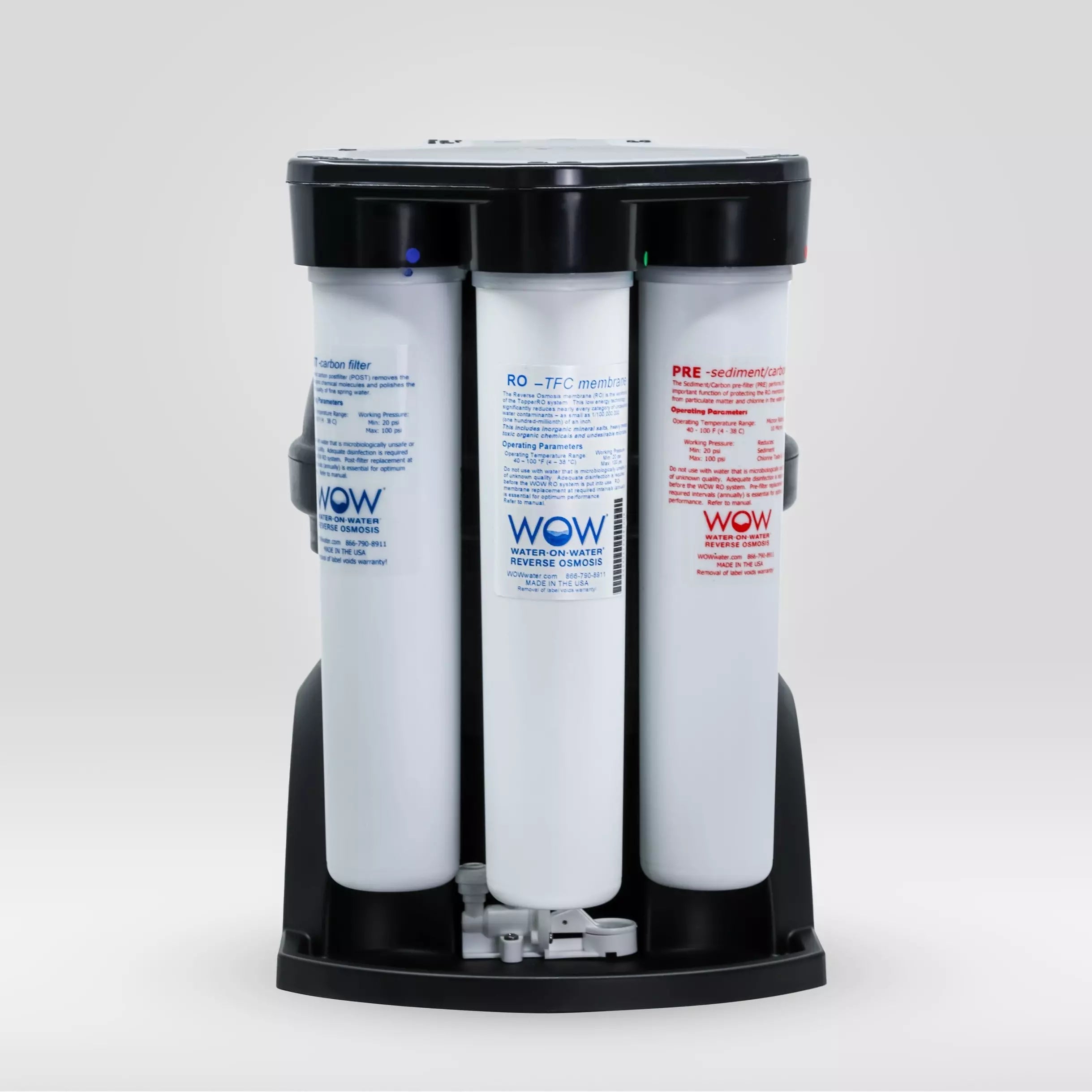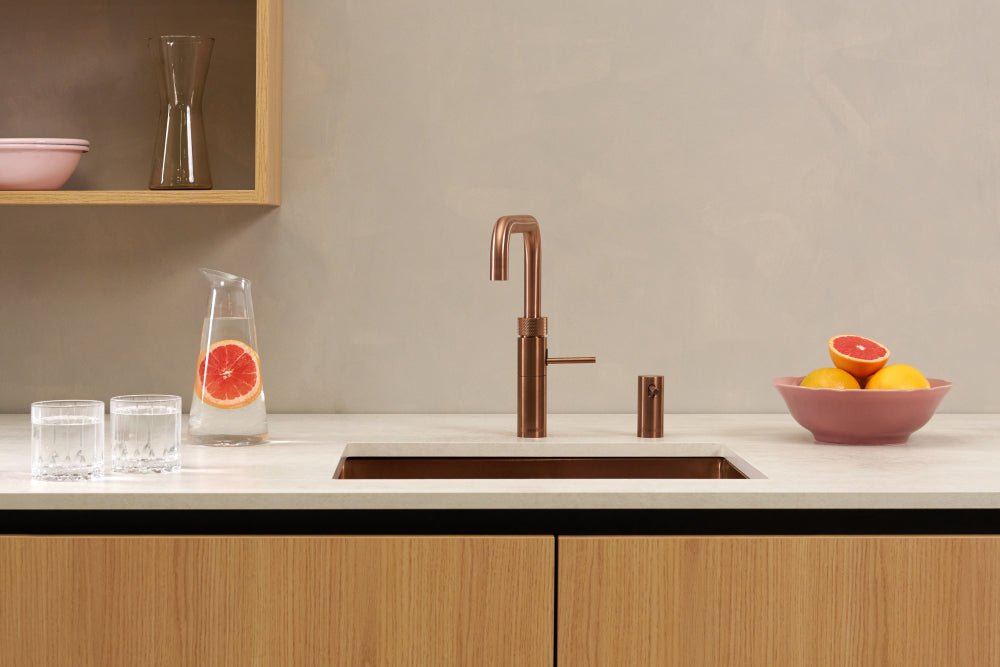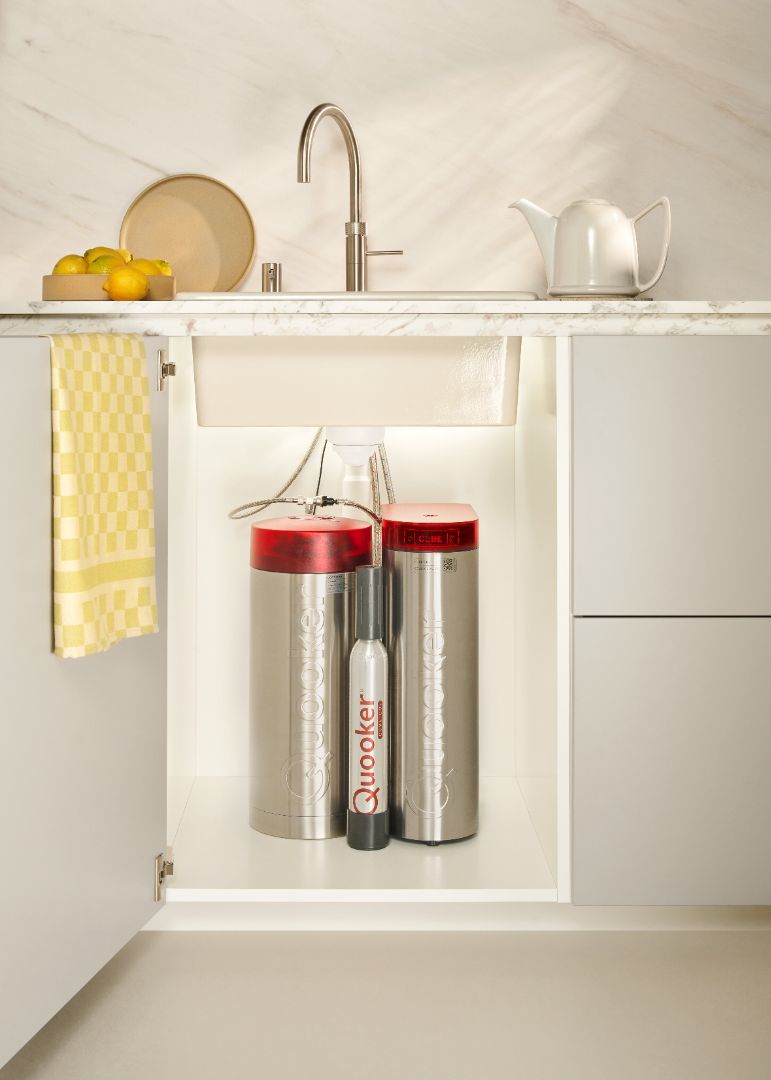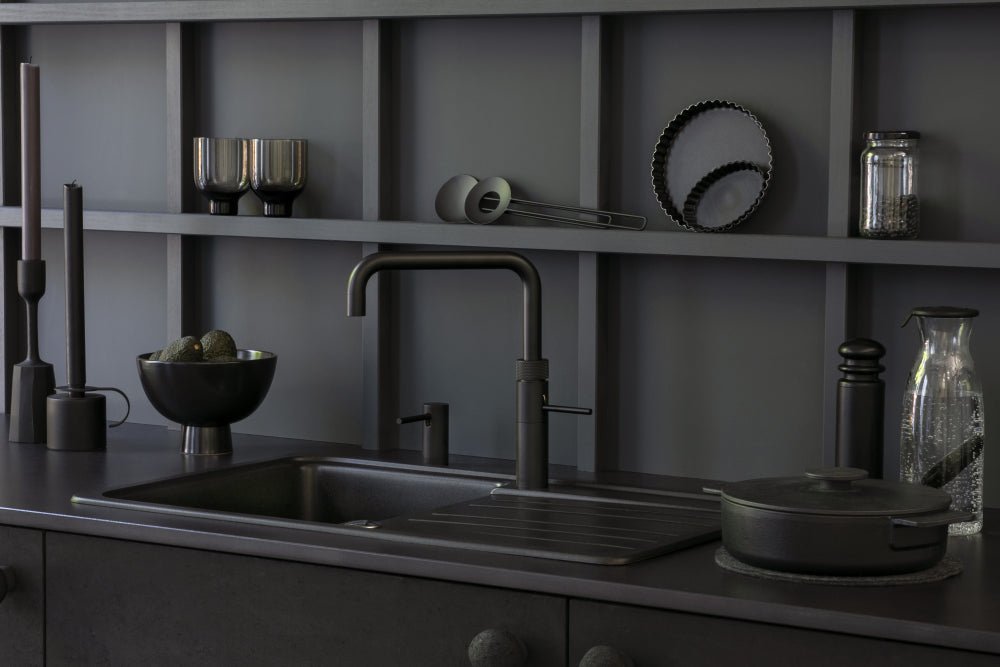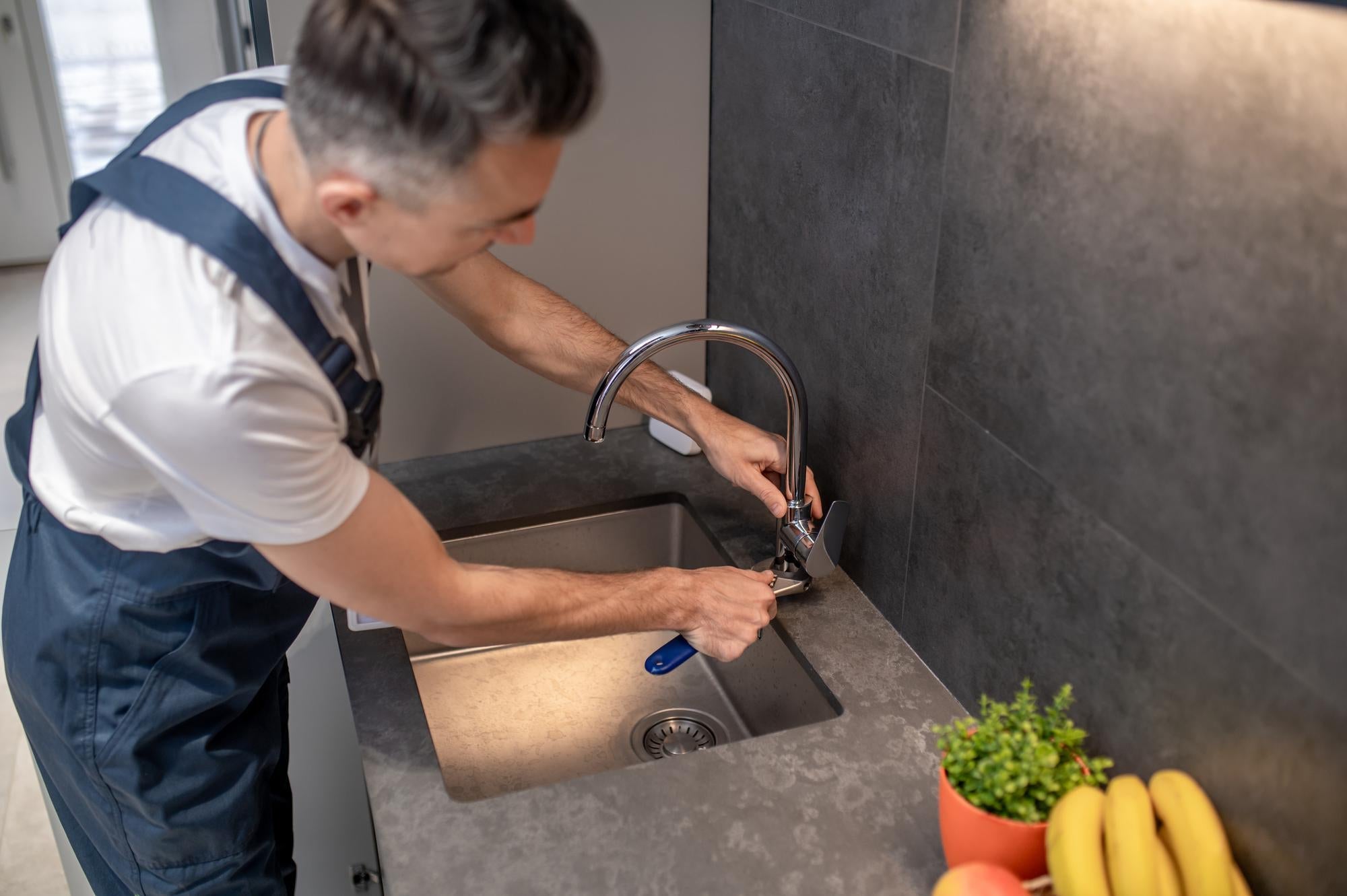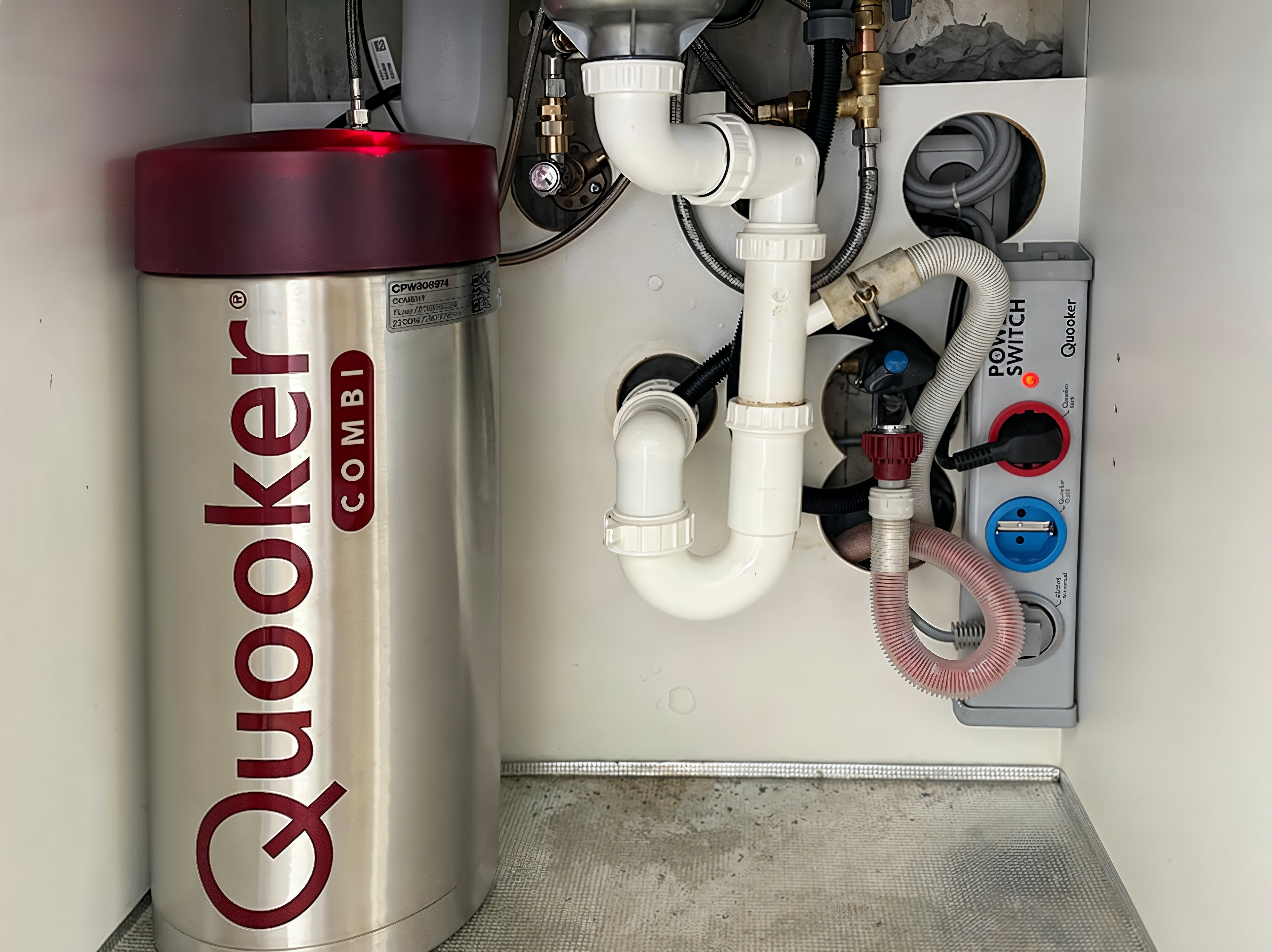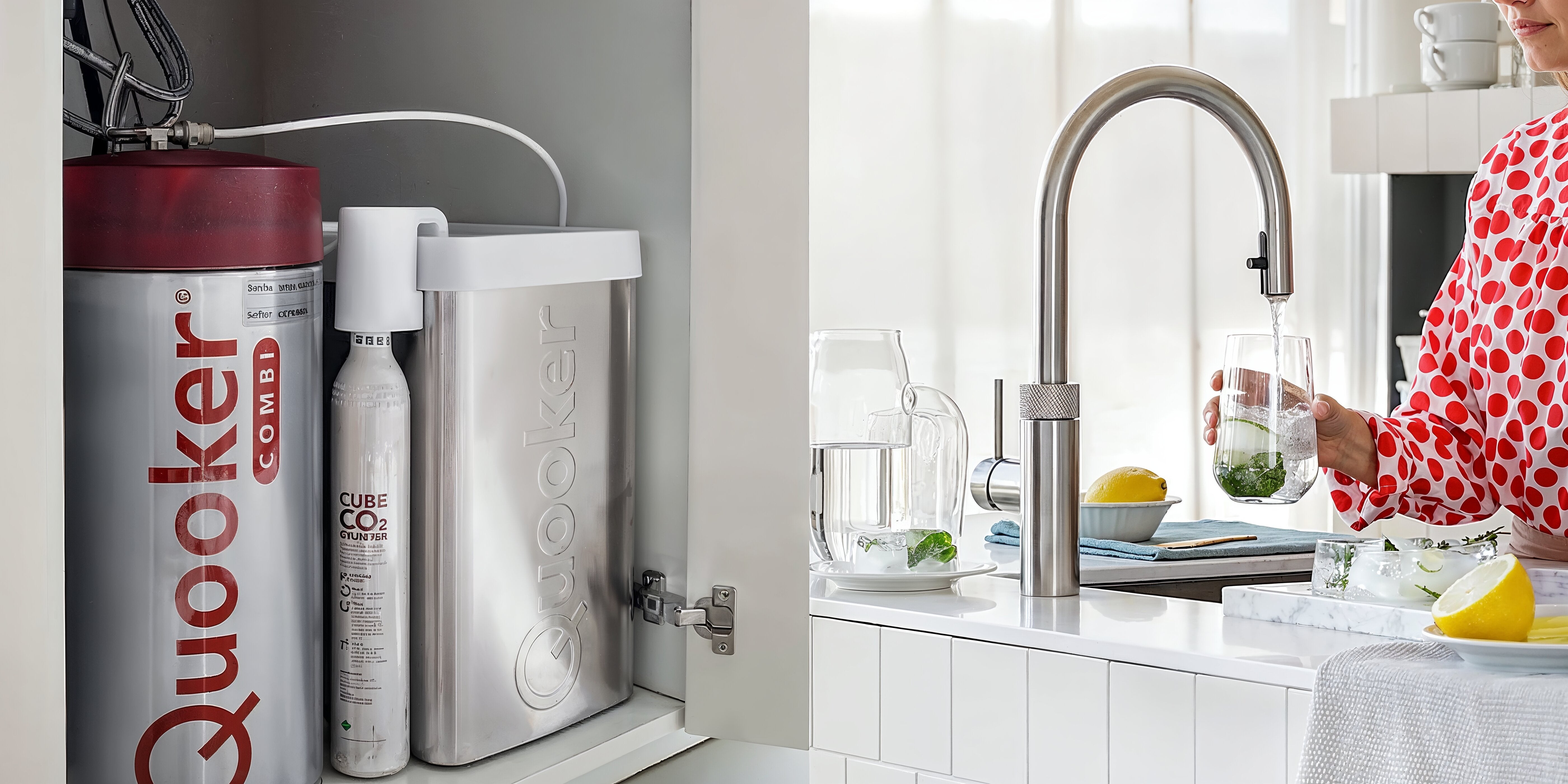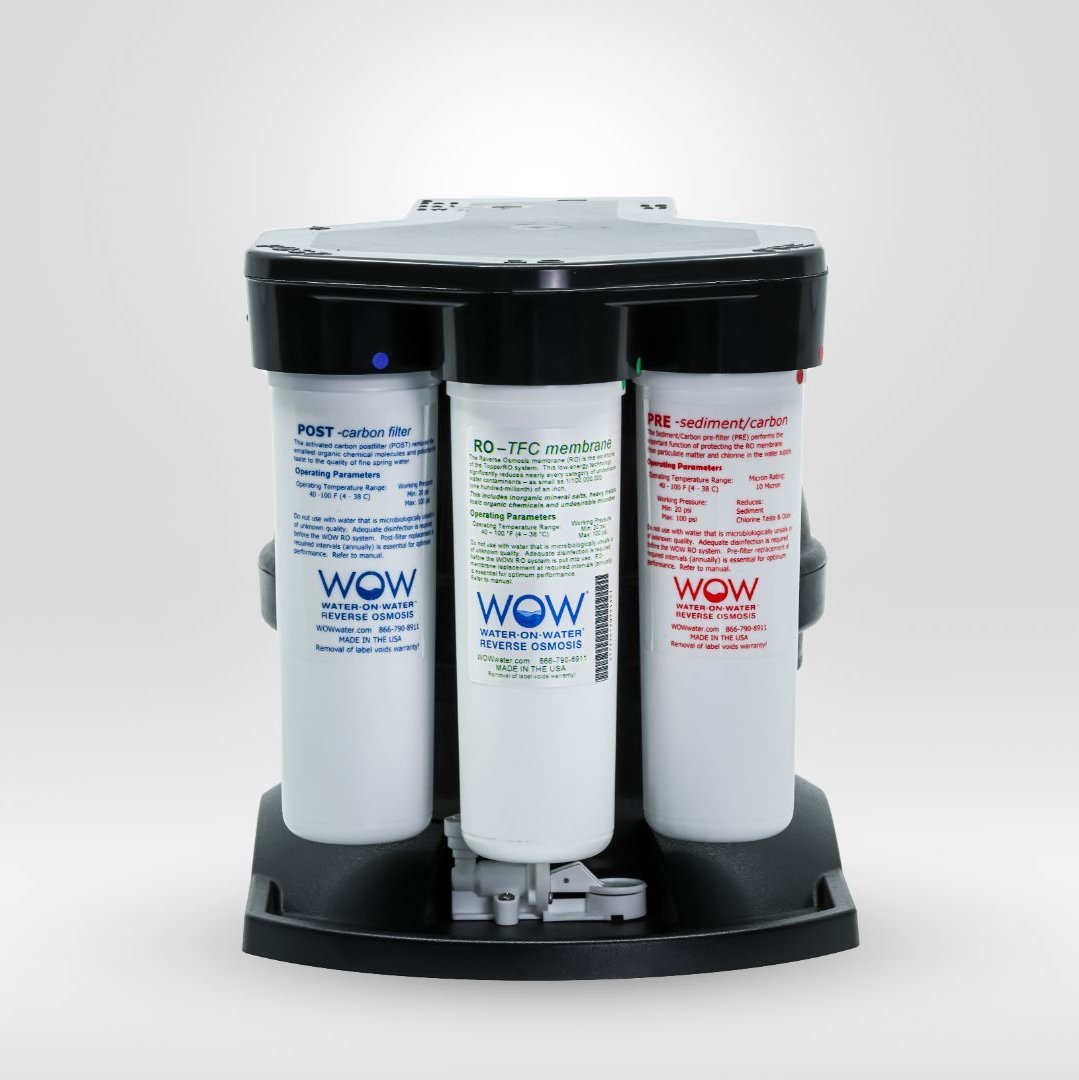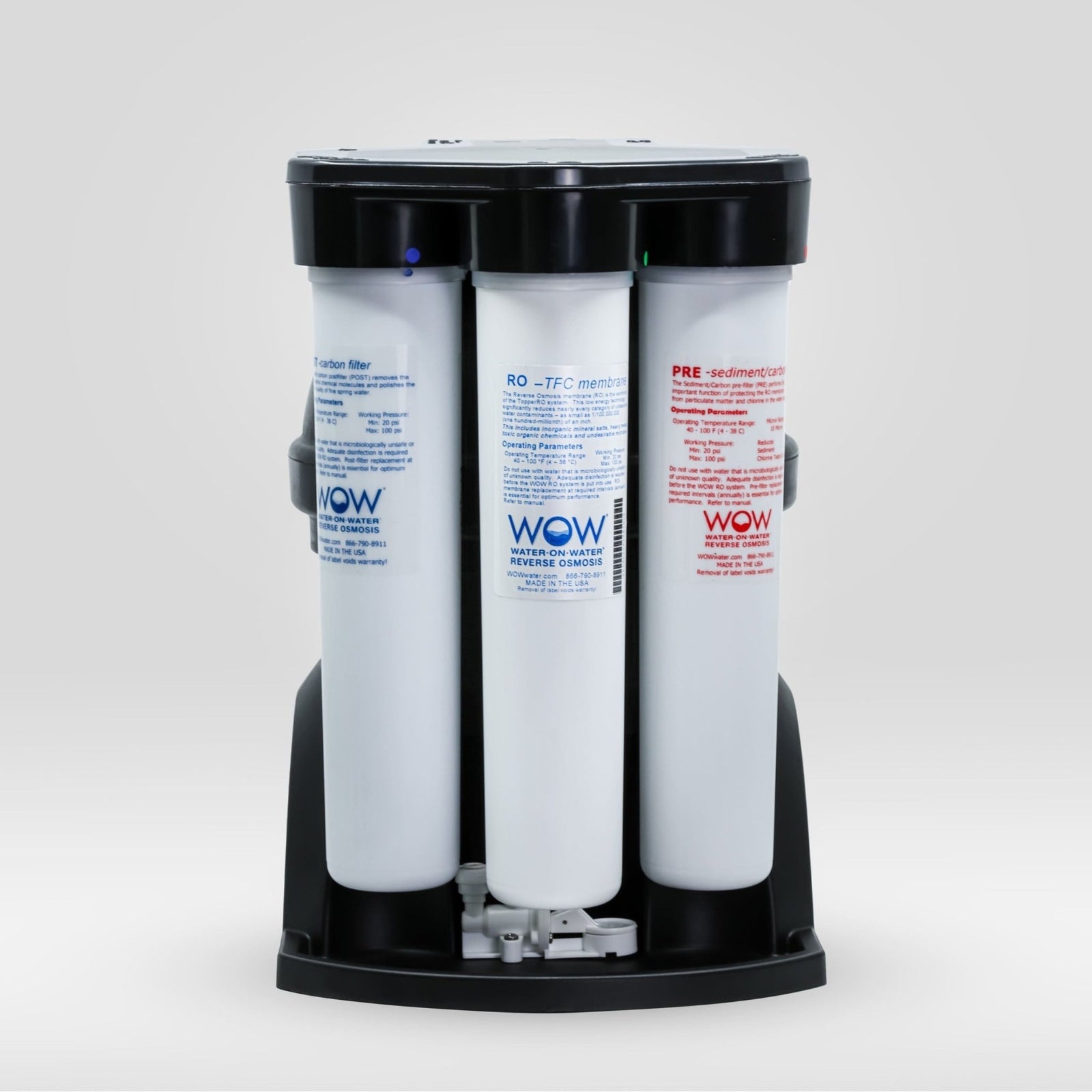When selecting a carbon filter for your water filtration system, compatibility is crucial. The right filter must be a perfect fit for your system to ensure optimal water purification. You can determine compatibility by comparing technical specifications, checking physical dimensions, and verifying the correct connections. Read on for a comprehensive guide.
How do I know if a carbon filter is compatible with my system?
The compatibility of a carbon filter with your water purification system is essential for effective filtration and a long lifespan of your equipment. Different systems require specific filters, depending on the technology and design. At PureAqua, for example, in our "The Source" system, we use a specific type of carbon filter that works perfectly with our reverse osmosis technology.
To determine compatibility, you first need to know the type and model of your water purification system. Then, check the technical specifications of both your system and the filter you're considering. Pay attention to dimensions, flow rate, pressure range, and connection types. Most manufacturers clearly indicate which filters are compatible with their systems.
For water filter system users, it's important to know that replacing filters is an essential part of maintenance, but only with the right compatible filters will you maintain optimal performance of your system.
What are the different types of carbon filters and their applications?
Carbon filters are available in various forms, each with specific applications and compatibility characteristics. The three main types are block, granular, and powder.
Carbon block filters consist of a solid block of compressed activated carbon. These filters are effective at removing chlorine, taste and odor problems, and certain organic compounds. They are often compatible with under-sink systems and pre-filtration in reverse osmosis systems like our 'The Source'.
Granular activated carbon filters (GACs) contain loose granular activated carbon. These filters offer a large surface area for filtration and are ideal for removing chlorine and organic contaminants. They are often used in whole-house filtration systems and as a pre-filter in multi-stage purification systems.
Powdered carbon filters (PACs) consist of finely ground activated carbon and are typically used in industrial applications or in specialized portable water filters. They are less common in residential systems.
The type of system you have determines which carbon filter you need. Our IAMPO NSF/ANSI 58 certified systems require specific carbon filters that meet these strict standards for safety and effectiveness.
How do I check the technical specifications for compatibility?
Checking the technical specifications is essential to determine whether a carbon filter is compatible with your water purification system. Follow these steps for a thorough compatibility check:
- Filter dimensions : Measure the length, diameter, and connection dimensions of your current filter. These should match the new filter exactly.
- Connections : Check the type of connections (threaded, quick-connect, push-fit) and make sure they match your system.
- Flow Rate : Verify that the filter is suitable for the flow rate of your system, usually expressed in liters per minute.
- Pressure rating : Check that the filter can operate within your system's pressure rating. Too high or too low a pressure can cause problems.
When replacing filters in an existing system, it's often easiest to use the model number of your current filter to find an exact replacement. If in doubt, you can always contact the manufacturer or a specialist, such as our technical advisors at PureAqua.
For water filter system users, we offer filter packs specifically tailored to the needs of different households, making it easy to choose the right compatible filters.
What are common problems with incompatible carbon filters?
Using incompatible carbon filters can cause several problems that negatively impact the performance of your water purification system. Recognize these warning signs:
- Leakage : One of the most common problems is leakage around the filter connections. This can be caused by incorrect dimensions or incompatible connections.
- Reduced filtration capacity : Incompatible filters may be less effective at removing unwanted substances, thus reducing water quality.
- Increased System Pressure : An incorrectly specified filter can increase the water pressure in the system, causing excessive strain and possible damage.
- System Damage : In severe cases, an incompatible filter can lead to damage to pumps, membranes, or other components of your water purification system.
Modern systems like our 'The Source' automatically detect any leaks, but it's always better to prevent problems by using the correct, compatible filters. Regular maintenance and timely replacement of filters with compatible parts will extend the life of your system.
Conclusion: Choosing the right carbon filter for optimal results
Selecting a compatible carbon filter is crucial for the effective operation of your water purification system. By considering the filter type, size, connections, flow rate, and pressure specifications, you can make the right choice and avoid problems.
For optimal results, we always recommend using filters specifically designed for your system. At PureAqua, we offer not only high-quality water filter systems like 'The Source', but also all the corresponding compatible filters that meet strict quality standards.
We understand that finding the right filter can sometimes be difficult. That's why we offer a water filter system consultation service where we help you put together the right package in just 5 steps, tailored to your household size and water consumption.
With the right compatible carbon filters, you can enjoy pure, healthy, and great-tasting water for years to come, while contributing to a more sustainable world with up to 500% less water waste than traditional systems.
